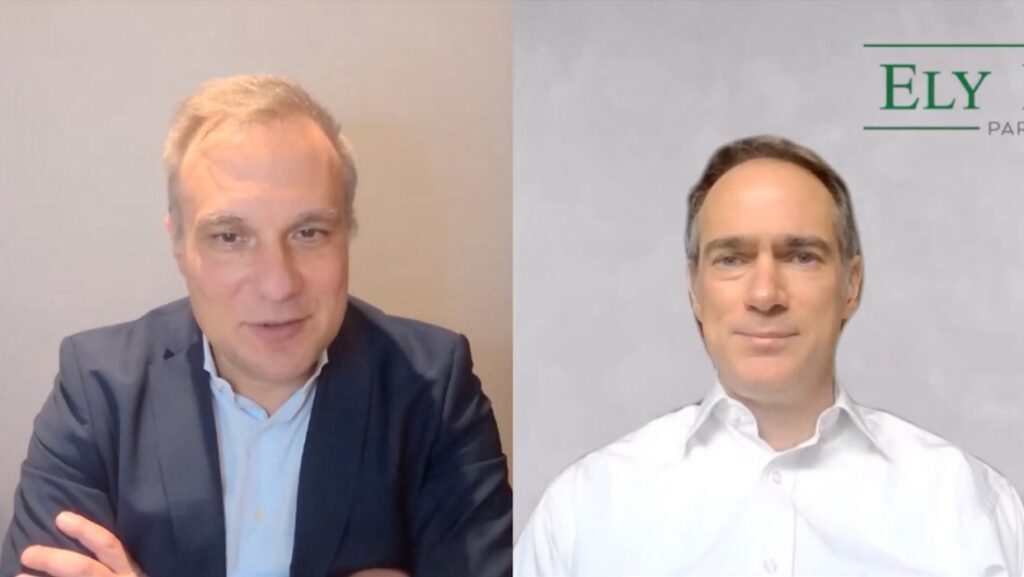Private capital can help cover capex bill for European grids – Dealspeak EMEA
If you listen carefully, you might hear the sound of Europe’s electricity networks groaning under the strain of the energy transition’s growing demands.
No national government is keen to foot the enormous capex bills needed to make grids fit for purpose in the 21st century. And that creates an opportunity for dealmakers to put together big-ticket deals involving private capital.
Singapore sovereign wealth fund GIC, Norges Bank Investment Management (NBIM) and Dutch fund APG pointed the way forward on 24 September when they agreed to invest EUR 9.5bn into TenneT Germany in return for a 46% stake in the country’s largest transmission operator.
The deal, which implied an enterprise value (EV) of EUR 40bn, followed lengthy deliberations over whether the public or private capital markets would be the best source of funding.
European grids will need tens of billions of euros over decades and TenneT German is no exception, with an upgrade bill of EUR 65bn.
“TenneT Germany has an attractive risk-return profile that was a good fit for our strategy,” Arjan Reinders, head of infrastructure Europe at APG, told Mergermarket. “Our partners, GIC and NBIM, have a similar appetite in terms of risk and share our long-term view of the investment.”
This was the second major deal in Europe in a month. At the beginning of September, Apollo announced an investment of EUR 3.2bn into another German grid operator, Amprion, in a joint venture with RWE.
The utility will see its stake reduced to 25.1% as a result. APG and Norges had previously been considered frontrunners.
As a result of these two giant deals, September 2025 has a higher aggregated deal value than the whole of 2023 and 2024 combined, Mergermarket data shows.
However, with deals that are so large and the volume of transactions is low, there is unlikely to be a clear 45-degree upward curve in dealmaking related to transmission and distribution networks.
Private vs public?
Stakeholders in electricity networks need cash injections in order to cope with a number of related issues.
The huge input of intermittent power supply from renewables means that grids urgently need an upgrade to cope with the load and to become more resilient through more storage capacity and back-up power.
At the same time, grid operators also have to consider the consumption drain presented by new drivers to demand, such as power-sucking data centres and charging points for electric vehicles (EVs).
And, to complicate matters further, stakeholders are well aware of the need to keep the lights on at all times.
In the case of TenneT, private markets won out as a source of capital, not because the value proposition and cost of capital was so much lower – at 1.09x its regulated asset base (RAB) this was not an expensive deal – but because it was simpler, less risky, and less exposed to the awkward disclosure rules and capriciousness of the public markets.
“Ultimately, it has a lot to do with who is making the decision,” a source familiar with the deal said. While management might have wanted an IPO, the Dutch government, which runs parent company TenneT, needed a cleaner solution, the source added.
Utilities face similar issues
One name to watch is Belgium’s listed grid operator Elia, which owns an 80% stake in the German high-voltage network space is 50Hertz, and raised USD 1.3bn in a rights issue in April.
There also remains a potential investment opportunity in Amprion, where the remaining shareholders will need to find their own ways of stumping up the cash.
The need for huge investment is equally an issue for the integrated utilities, and creates a strong pipeline for dealmakers in an adjacent area with similar market dynamics.
Dual-track situations to watch include the re-privatisation of Germany’s Uniper and SEFE; and the deliberations by EDF of what to do with its Italian business Edison.
While these are not grid operators, they face the same dilemma over who has the right money to fund the energy transition, or, from the other perspective, who can make a better return on their investment.
On the buyside, Apollo is a name to watch, having kicked the tires recently on both tracks.
The US fund was widely reported to have been tapped as a cornerstone investor in the ill-fated IPO of TenneT Germany before announcing its private deal with Amprion.
The demand for capital is so strong across Europe that the pipeline of big-ticket deals is likely to remain robust for the foreseeable future.












